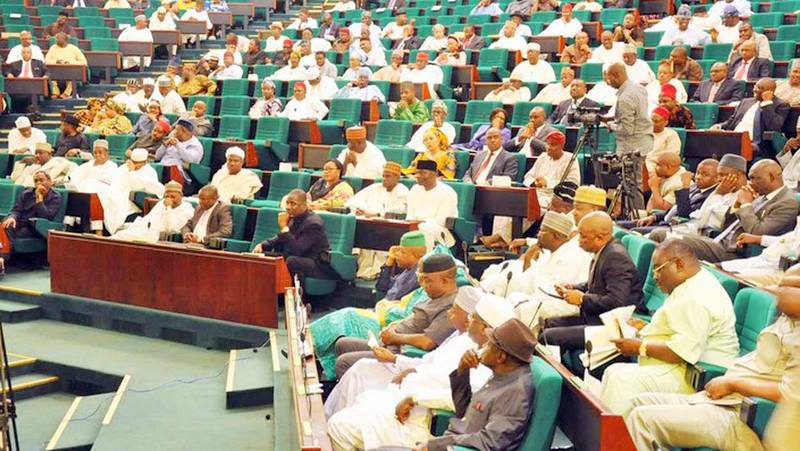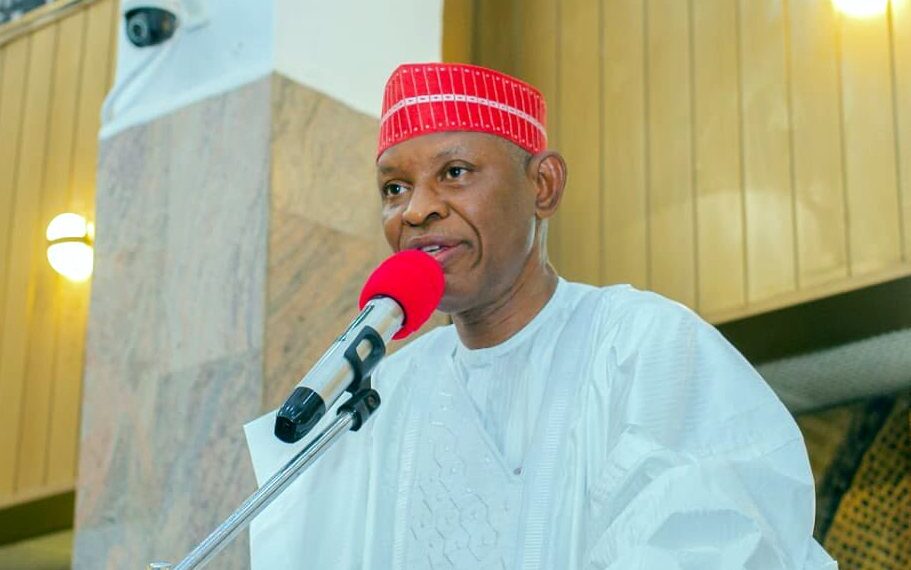Nigerian Parliament
Bill To Reserve One Female Senatorial Seat Per State Sets For 2nd Reading
A bill to make it compulsory for every of the federation to reserve one seat for female senator will soon come up for second reading in the House of Representatives.
Rep Taiwo Oluga, who is the Chairman, House Committee on Women in Parliament, made this known when receiving the Legal Defence and Assistance Project, LEDAP, a coalition partner to Advance Gender Equality, SAGE, in Abuja.
She said that the bill is an initiative of the committee and part of the efforts being made to increase women representation in government.
“What we are proposing in the bill is to have at least a senator from every state, it can be two out of the three.
“It is not just because the female want to occupy positions, we want to complement the efforts of the men; we are not in competition, just to complement them.
“Why is the committee advocating this? It is so because we know we have women who are intelligent and are capable in this country.
“We have females that have the ability, they have demonstrated the ability; we are just 12 in this 9th House but our contributions on the floor cannot be swept under the carpet, the house recognises that.
Ms Oluga commended the contributions of female lawmakers to national issues such as security, health and in reducing the number of children out of school.
The lawmaker said that the issues in the country today cannot be addressed without the participation of women.
She said that women, with population of about 100 million cannot be ignored or left out in the scheme of things.
Ms Oluga said that following the interventions of the committee all 20 female lawmakers in the National Assembly were included in the Constitution Review Committee.
“My own personal opinion is to have 360 members divided by two; how we are going to do it, let the political parties and the INEC cooperate and let everyone be on the same page and make it a reality.
“If you cannot do that, in 2023 give us the 35 per cent affirmative action, and that is what we are doing in collaboration with all stakeholders,” she said.
Earlier, the Senior Programme Manager, Pamela Okoroigwe, said that there was need to strategise on how to increase women representation in government.
Ms Okoroigwe said that such strategy was most necessary as the Constitution was being amended by the National Assembly.
She also recommended that the Constitution should be amended to change the language to reflect all gender.
She said that “He” as used in the constitution should be removed and let ‘Chairman’ be replaced with ‘Chairperson’.
Ms Okoroigwe said that the constitution should be amended to ensure 35 per cent affirmative action for women was reflected in political parties’ candidates.
According to her, INEC can be empowered by the constitution to enforce it by deregistering political parties that fail to conform.
Ms Okoroigwe said that the constitution should be amended to make it mandatory for the offices of chairman and secretary of political party leadership be occupied by a man and woman at all times.
She said that the constitution should also be amended to reflect 35 per cent affirmative action in ministerial appointments and in the Judiciary.
The Programme Manager, Civil Society Legislative Advocacy Centre, CISLAC, Okeke Anya, said that the SAGE is a USAID supported project.
He said that the aim was to drive a campaign to increase the number of women in governance across all tiers.
Mr Anya said that a political party advisory group was being worked on to engage political parties on the need to produce more female candidates.











